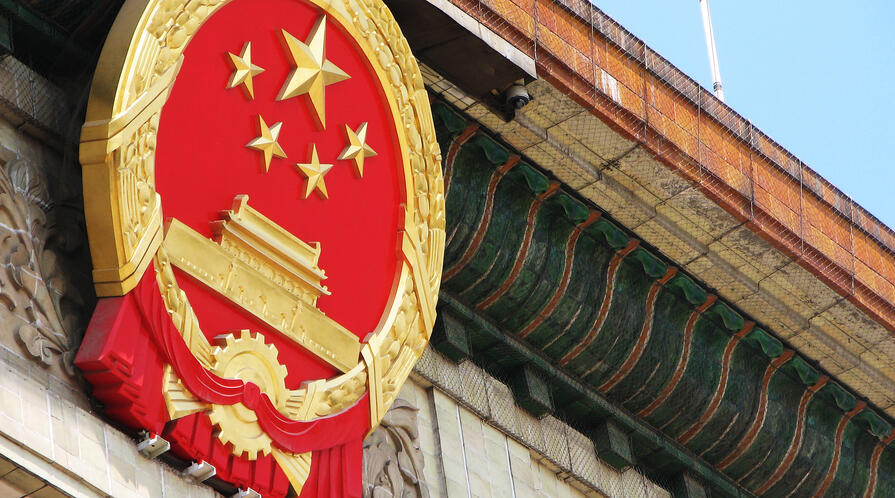China's Communist Party schools are opening to Western styles of education

China's Communist Party academies are drawing upon new ideas from formerly taboo places like business schools in the United States and Europe and sending delegations to absorb lessons from around the world, a Stanford scholar writes in a new book.
Once viewed as inflexible, China's party-managed training academies, or "party schools," are using many of the strategies found in China's hybrid, state-run private sector, said Charlotte Lee, associate director of the China Program at Stanford's Walter H. Shorenstein Asia-Pacific Research Center.
"As communist parties fell from power in the 1980s and 1990s, there were many predictions of the Chinese Communist Party's demise," Lee said in an interview.
A perception exists, she said, that the party was too rigid to remain relevant and in power, given huge economic changes in China and throughout a more globalized world. But adapting is one way that it has managed to dominate for so long.
The Chinese Communist Party has now ruled China for more than six decades.
Signs of change
"It is true that if you were to look at official party organization charts, many parts of the Chinese Communist Party are unchanged from the party's early years in power," Lee said. "Yet it is clear that the party has embraced new ideas and opened up to the world in recent decades."
The party schools are important, Lee explained, because they are a key set of organizations that exert political control over the knowledge, skills and careers of leaders throughout Chinese society.
In her new book, Training the Party: Party Adaptation and Elite Training in Reform-era China, Lee concludes that those seemingly static parts of the party have adjusted and that it is no longer "revolutionary," but has become, in its own words, a "learning party."
Lee's 264-page work draws on field research, datasets and trips to the party-run academies where party recruits and elites are trained.
Through conversations with people at the academy campuses she visited around the country Lee discovered the extent to which the schools, and the party, were changing.
For example, the schools are using as one of their core teaching methods the case method approach pioneered by Harvard Business School, which Lee described as a "force of inspiration" for the students.
As a sign of another change, Lee noted that the schools, once almost shrouded in secrecy from the rest of society, are now renting out their office parks to other organizations as a way to raise revenue.
"They are opening up in more than one way," Lee said, adding that the overall process began in the 1980s and accelerated in 2005 when China established state-of-the-art executive leadership academies that required a more legitimate educational approach.
Organizational machinery
The success of the Chinese economy and market, as well as the rush for revenue and status by many people and organizations in the country, spurred the academies to change. Lee said the party schools are dynamic and entrepreneurial in the way they seek out new student populations and craft new programs, both educational and political.
"This shows how the party's organizational machinery has been more nimble than some would have predicted," she said.
Yet to be seen is whether the revised party-school approach is enough to turn around the larger Chinese Communist Party or deal with the problem of rampant political corruption in the country.
"There's some evidence of new organizational thinking in the party schools, but it is unclear whether this will help with resolving China's corruption problem or spark genuine democratic reform," Lee said.
While eight other political parties technically exist in China, there is no true opposition to the Chinese Communist Party.
Lee began her book while a political science doctoral student at Stanford.
Looking ahead, she is studying how China's education landscape is evolving and how China is constructing new international organizations, like the Asia Infrastructure Investment Bank, that reflect its long-term global ambitions.
She asks, "To what degree might these organizations challenge or supplement the existing global order and how might the U.S. respond intelligently?"
Clifton Parker is a writer for the Stanford News Service.
